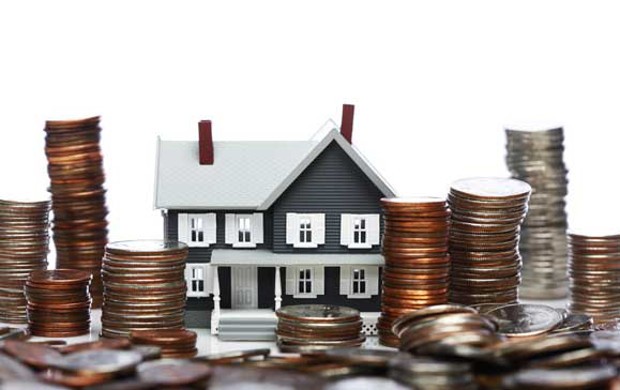Buying a home is an expensive business, with the average house price in the UK just under £190,000 as of March 2016.
There are a number of schemes available to try to help—see here for more—but there’s no denying that it’s the most expensive purchase any of us ever make and is a huge commitment.
That means that anyone looking to get on—or move up—the housing ladder needs to do some serious saving if they are to get the home they want.
Audit your finances
The very first thing you should do is have a thorough audit of your finances. This is a vital step and involves you leafing through your statements and making a note of every regular item of spending you make. You should then take this away from your incomings and arrive at a figure of disposable income. The rest of the post will deal how to make this number look a little healthier but there’s another important thing to pull out of this process: you need to know exactly how much you’re saving up for.
Research the homes you wish to buy and work out what you’ll need to spend. You need to know the upfront costs—such as the deposit, stamp duty and legal fees—as well as the ongoing cost of the mortgage payments and insurance. Include this in your audit and make sure you’re clear in your head about all of the figures before you proceed.
Save before you spend
One way to cap the amount of your disposable income you spend is to ensure you don’t get your mitts on it for unnecessary purchases. If you set up a monthly money transfer from your current account to a savings account then the money won’t ever be available to fritter away.
Supermarket clean sweep
After mortgage payments, the next biggest outgoing for most families is the weekly food shop. The biggest areas of spending are the ones where you can make the biggest difference and should be targeted. Sit down, write out a shopping list and stick to this rigidly to avoid buying expensive extras on an impulse.
Small change, big results
Capping your spending needn’t be about punishing yourself or denying yourself any pleasures. However, you can make a big difference through small changes. Refraining from buying just one or two coffees or beers a week, eschewing the odd takeaway or maybe even cancelling a magazine subscription could all help to leave you with a bit more money to channel into your savings account. Saving £10, £20 or £30 a week can make a big difference over the number of months required to save for your home.
It’s important too to see if you can trim anything off the bills you pinpointed in the audit. Again don’t be tempted to think that cutting a few pounds off your utility bills ‘isn’t worth the hassle’. It’s no hassle at all in the grand scheme of things, especially thanks to price comparison sites (although they’re not always perfect), and will slim down your spending.
Driving for change
Food shopping is a big expense but driving is also near the top of the list. The cost of fuel, insurance and maintenance makes this a big burden on the finances. Look for ways to trim this if you can. Seek out opportunities where you can car share, read up on fuel-efficient driving techniques and look for chances to walk or use public transport, to let that take the strain.
Wardrobe
If we’re honest we’ve probably all got some clothes tucked away in the wardrobe from which we could get more use. Don’t buy a single shred of new clothing until you’ve sorted out your entire wardrobe and made better use of what you currently own. It’ll help to keep your home tidy too.








